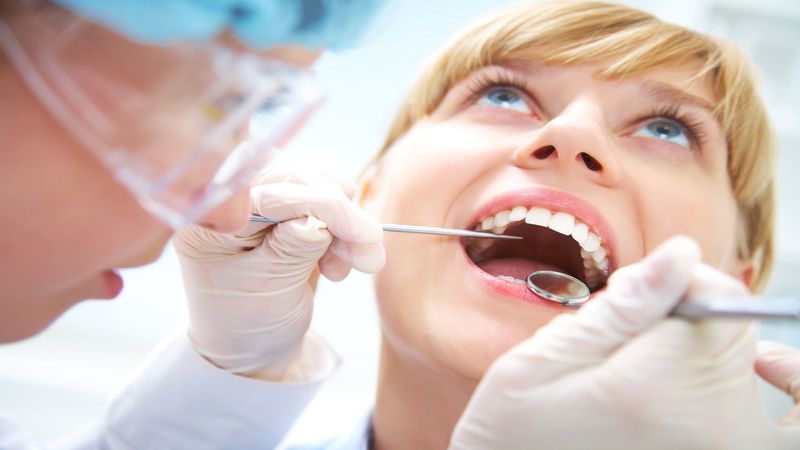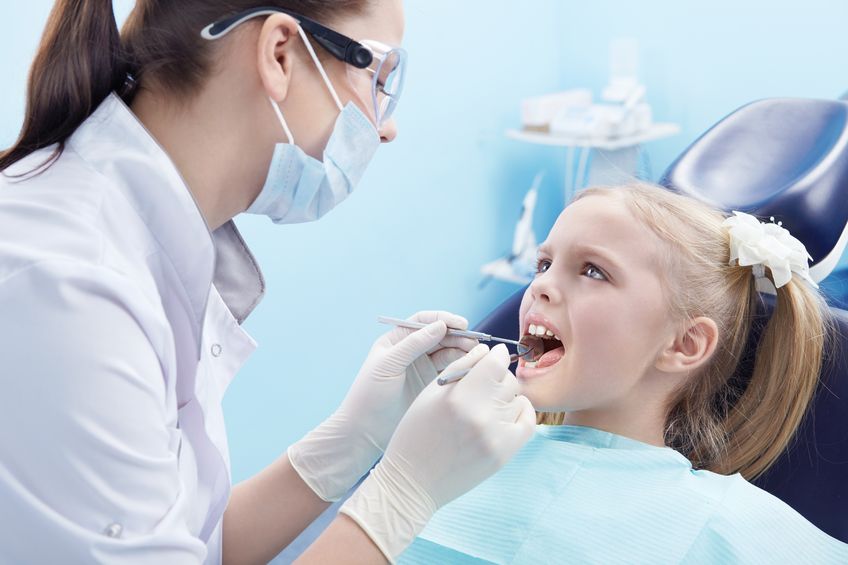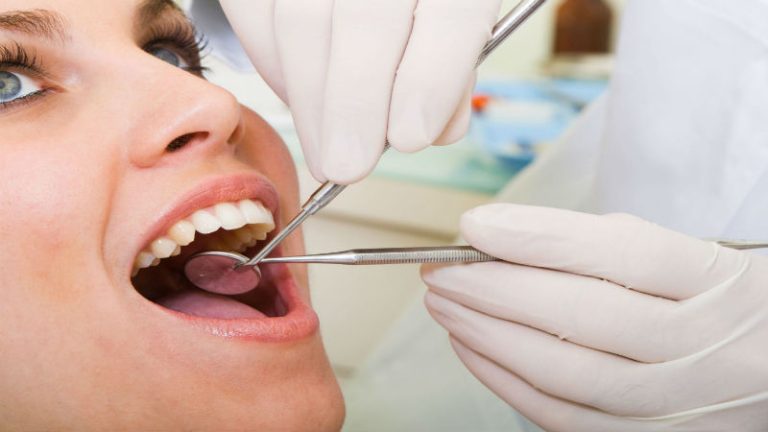Xerostomia, otherwise known as dry mouth, is an anomaly that usually appears during adulthood. It may be due to different factors, such as anxiety, eating and even taking certain drugs. There are different types of xerostomia: reversible when saliva production can be stimulated or regulated, and irreversible when damage is irreparable on a glandular level. What causes discomfort to patients? The most common disorders that general dentistry in Salem OR sees is difficulty swallowing, cleft lips and tongue, thick saliva, altered taste buds, pasty mouth, heartburn, halitosis and need to drink water all the time…
To detect the problem, the most important thing is that every patient is informed about the symptoms and triggers by their local general dentistry in Salem OR. However, prevention is simple: carry out a fantastic oral hygiene regimen at home and schedule visits to the dental clinic at least once every six months. Dentists can help detect xerostomia in time to avoid its irreversibility. However, they want to explain what triggers the anomaly, so that their patients can correct them before the problem causes serious problems. Remember that, in any dental case, the best treatment is prevention. Here are some factors that trigger xerostomia.
When speaking in public, a person’s need for salivation increases with the passage of time. It is no coincidence that the most experienced speakers have a bottle of water during a session, so they can use it when needed and facilitate pronunciation, and also for their own comfort. Salivation helps better vocalize words. A diet rich in carbohydrates and with a remarkable poor intake of fruits and vegetables can also be a trigger factor of xerostomia. Causes an important alteration in saliva production.
Excessive consumption of alcohol and tobacco, tremendously harmful habits for the mouth and the rest of the body, also cease salivation. Why? Because they inhibit the transmission of nerve impulses. It can also increase medical issues like stress, anxiety, depression and diabetes. Xerostomia may also result from taking certain drugs. Pain relievers, muscle relaxants, diuretics, anti-hypertensives, anti-anxiety agents and sedatives, antihistamines, anticholinergics and antidepressants and antipsychotic agents are the most common. In fact, all have side effects such as decreased saliva.


